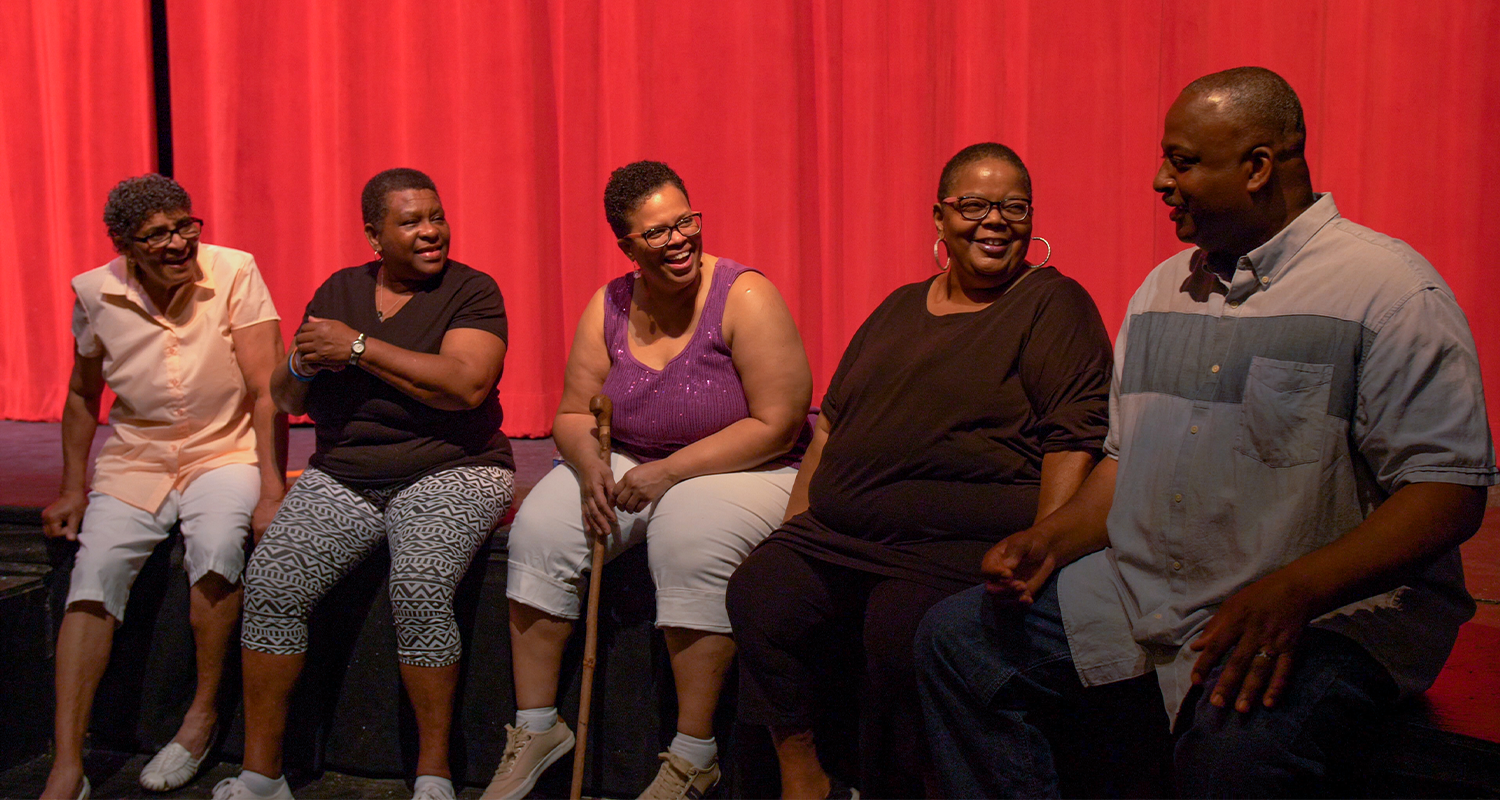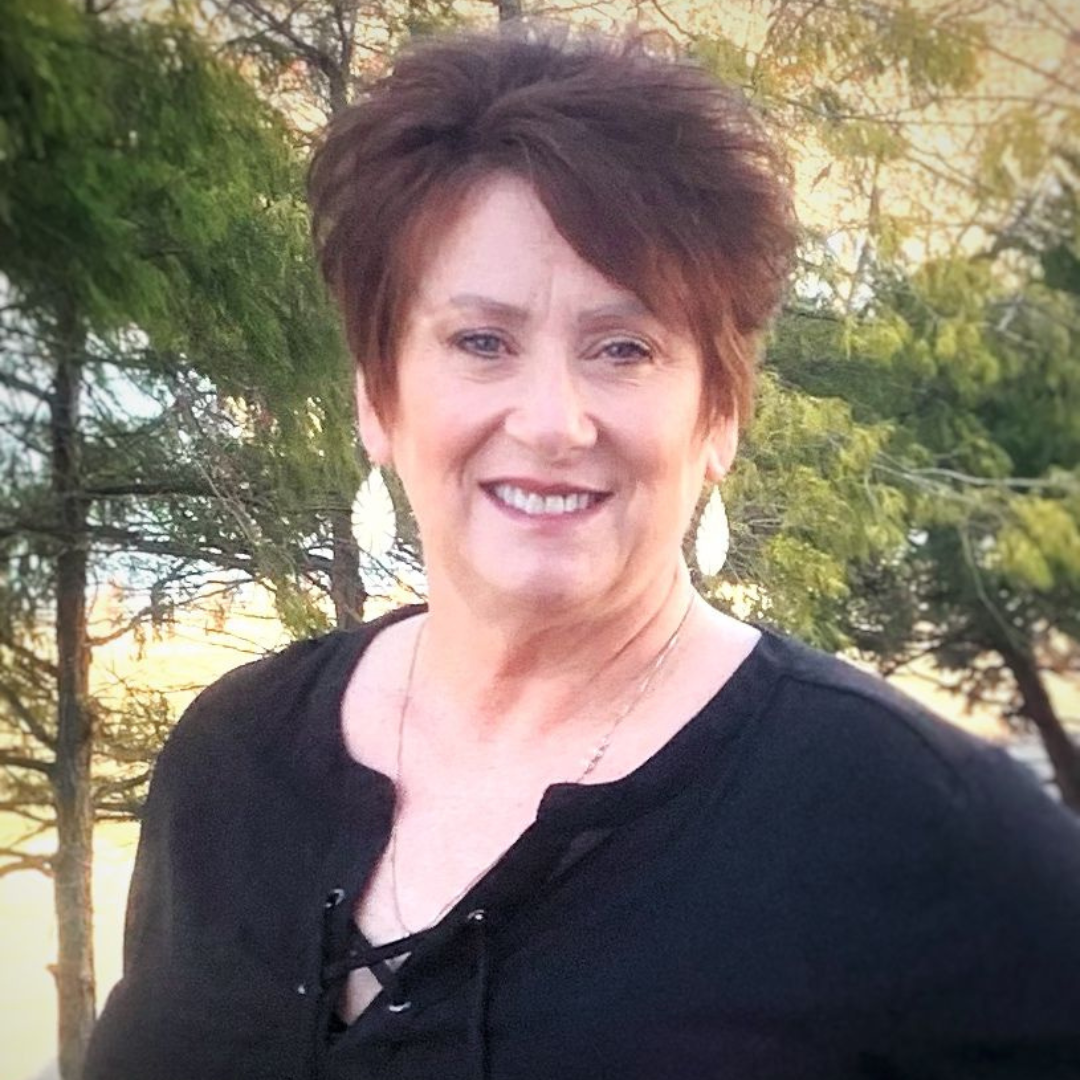Wheeling is not known for being the most progressive city in West Virginia. However, the city has made national headlines on two occasions in the past four years for its positive and progressive politics.
The first occasion for social change was in 2016 when Wheeling City Council passed the anti-discrimination ordinance protecting the rights of LGBTQ+ citizens and veterans.
And Wheeling is back in the national spotlight again after last month’s election in which citizens voted in West Virginia’s first openly transgender elected official, Rosemary Ketchum. Ketchum was sworn in for her first term as Ward 3 Wheeling City Councilor on July 1.
News of Ketchum’s “shattering of the lavender ceiling,” as stated by the LGBTQ Victory Fund, was covered on people.com, CNN.com, NBCnews.com, NYdailynews.com and huffingtonpost.ca — just to name a few.
THE WARD 3 VICTORY’S SIGNIFICANCE
“It’s been a humbling experience to tell our success story coming out of West Virginia — a place very few people outside of the state see favorably. We have an incredible opportunity to do some great things here in the City of Wheeling. We can lead the charge in mental health, LGBTQ justice, racial justice and so many more pressing issues. I believe that we can shift the perceptions others have about our people and our state one win at a time,” Ketchum shares.

“I think one of the reasons our small but mighty campaign has garnered so much attention is that folks are finally acknowledging the power of representation. We have so many important issues to focus on in our community including homelessness, addiction, vacant properties, attracting young people — and when these issues are addressed comprehensively and with a fresh perspective, we can make a real difference,” she said.
NEW BEGINNINGS FOR JUSTICE
Fresh perspectives mean new hope for Wheeling’s marginalized populations. The continuing shift in a more inclusive direction began several years ago when Mayor Glenn Elliott spearheaded the effort to pass the LGBTQ non-discrimination ordinance. This human rights ordinance, which passed unanimously, protects the housing and employment rights of all citizens regardless of sexual orientation, gender identity, or veterans’ status.

“When I first ran for office in 2016, I alone among the four mayoral candidates said that it was time to approve a LGBT non-discrimination ordinance in the City of Wheeling. At the time, the consensus among local elected officials was that the city was not ready for it,” says Elliott. “Needless to say, when elected, I worked with the new council to prove the naysayers wrong. And we were able to pass a meaningful nondiscrimination ordinance unanimously within six months of taking office. It remains one of my proudest moments of my time as mayor.”
STEPS TOWARD INCLUSIVITY FOR ALL RACES
Wheeling city leaders are also taking steps to acknowledge all facets of our city’s past and move into a more inclusive future for citizens of all races. One such step was the first official recognition of Juneteenth, the celebration commemorating the end of slavery in the United States.
“In 2019, the city celebrated its 250th year since its founding. Leading up to the year, city council appointed a Wheeling 250 Committee to plan a series of events and activities to acknowledge this milestone. I personally directed the committee to focus not only on the ‘good’ in our history but also to account for the ‘bad’ and the ‘ugly.’ In particular, I wanted to make sure that the topics of slavery and Jim Crow were not only not ignored but also dealt with in an honest and reflective manner.
“In this regard, the committee, led by Ron Scott Jr. and the late Dr. John Mattox, worked very diligently to plan a Juneteenth event at Market Plaza at the site where a slave auction block once stood. In connection therewith, I drafted a resolution that was approved 7-0 by city council that was the first time — as far as I can tell — that any city council attempted to acknowledge and atone for the evils of slavery and Jim Crow in the City of Wheeling. I read the resolution at the 2019 Juneteenth event, which was well attended despite a fair amount of rainfall that day,” recalls Elliott.
This year, Juneteenth was celebrated again, this time as a virtual event due to the COVID-19 pandemic.

The mayor believes that Wheeling is on the right path to becoming more inclusive. He tells Weelunk that although he could point to a number of examples, one that he’s particularly proud of is the preservation of American Legion Post 89’s legacy.
“By the time we had entered office, this historically African-American neighborhood institution was being badly mismanaged and resulting in a multitude of police calls and neighborhood disturbances,” Elliott said.
“There were calls from the community to shut it down. And both our police chief and city manager agreed to declare it a public nuisance. I personally met with members of the legion and offered them a path to move forward if they agreed to hire new management and take additional steps to improve operations. In April 2017, city council voted unanimously to enter into an agreement with Post 89 that nullified the nuisance ordinance and allowed the organization to keep its doors open. We did so recognizing the unique historical role that this veterans organization has played in the local African-American community. To date, I consider our collective efforts here to be a resounding success.”
IT TAKES A VILLAGE
To achieve unity among all citizens, inclusion efforts must start at the individual level, of course. Everyone must learn to respect and embrace the different perspectives that each of us brings to the collective table. Businesses and other organizations also play a substantial role in diversity and inclusion efforts in Wheeling.
Local businesses such as Ziegenfelder and The Health Plan promote inclusive hiring practices and lead the way as employers who know that a diverse workforce is a strong one. Orrick, another Wheeling business, is well-known for its long history of inclusion efforts. The global law firm was recently awarded the inaugural American Express Diversity & Inclusion Award. This award recognizes Orrick’s dedication to diversity as well as improvements in diversity efforts made by the firm over a three-year period.
Last month, as part of the firm’s virtual Pride Month activities, Orrick invited Councilor Ketchum to speak to their local, national and international employees about her recent election victory and its broader ramifications.
“The Orrick event was spectacular!’ Ketchum beamed. “To see an organization work so hard to empower and educate their employees, clients and communities around important issues like LGBTQ justice and representation is truly inspiring. The folks at Orrick put their money where their mouth is when it comes to diversity and inclusion and that makes all the difference. I was proud to get the chance to share my story and perspective with the incredibly talented and forward-thinking folks at Orrick.”
THE TIME TO ACT IS NOW
We can all be part of the forward-thinking crowd on the right side of history when it comes to achieving justice for all. The time to act is now.
Ketchum sums this up well. “History does not remember the ones who wait for change — it remembers the ones who make it happen,” she states. “That is our charge as a governing body. To support, protect and empower the people of our city to the best of our abilities. And hopefully, we can make some lasting change along the way.”
• A lifelong Wheeling resident, Ellen Brafford McCroskey is a proud graduate of Wheeling Park High School and the former Wheeling Jesuit College. By day, she works for an international law firm; by night, (and often on her lunch breaks and weekends) she enjoys moonlighting as a part-time writer. Please note that the views expressed in her writing are solely her own and do not necessarily reflect those of anyone else, including her full-time employer. Through her writing, Ellen aims to enlighten others on causes close to her heart, particularly addiction, recovery and equal rights. She and her husband Doug reside in Warwood with their clowder of rescued cats, each of whom is a direct consequence of his job as the Ohio County Dog Warden. Their family includes four adult children, their spouses and several grandkids.



